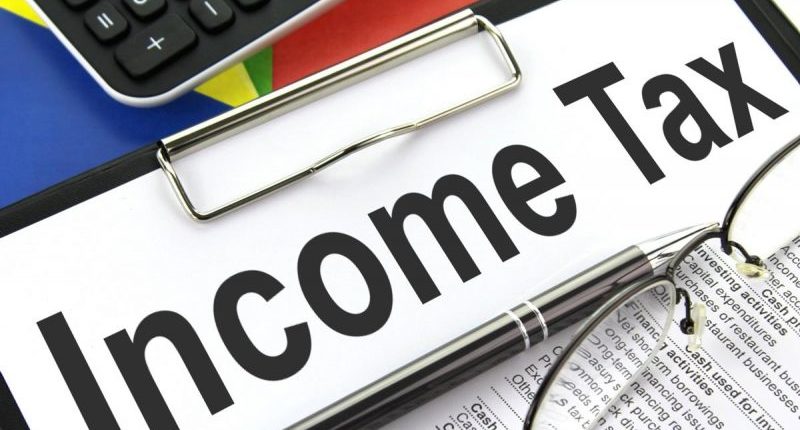If a taxpayer makes a mistake in the income tax return (ITR) filed, the income tax law allows for revision of the return. ITR filing is a comprehensive exercise. Taxpayers have to aggregate their income earned from all sources throughout the year. Upon aggregation, taxpayers have to claim the deductions, exemptions, and pay the taxes due. Taxpayers also need to aggregate the tax deducted at source (TDS) from various sources and claim credit for the same.
Individuals may forget to include certain incomes, claim deductions or carry forward of losses. Also, one may not have the relevant information or documents at the time of filing of the return. Thus, he/she may make mistakes in the calculation of incomes, deductions, TDS, and so on.
The income tax law allows taxpayers to file a revised income tax return to correct the error made in the original return filed. Taxpayers can file a revised ITR at any time before the end of the assessment year or completion of the assessment, whichever is earlier.
For example, for the AY 2020-21, an individual can file a revised ITR any time until 31 March 2021. You can file a revised ITR for AY 2019-20 until 30 November 2020. However, if the assessing officer completes his/her’s assessment before that date, the income tax return cannot be revised. The jurisdictional assessing officer makes an income tax assessment.
Also Read: Intimation received under section 143(1) upon processing of ITR
A taxpayer has to file a revised return in the same manner as an original return. While revising a return, a taxpayer has to choose the option ‘Revised u/s 139(5)’. The taxpayer is also required to mention the acknowledgement number of the original return. The revised return substitutes the original return.
An individual can revise both an ITR filed within the due date or after the due date. The due date to file non-audit ITR is 30 November 2020. Thus, the last date to file a revised ITR is 31 March 2021.
Taxpayers can revise their ITR any number of times till 31 March 2021. However, taxpayers should be mindful of the fact that revision is an opportunity given to rectify any errors or mistakes.
Hence, taxpayers must not misuse it and revise a return only in the case of a mistake or omission in the original return filed. Also, each time a taxpayer revises a return, the taxpayer has to quote the acknowledgement of the original return.
Similar to an original return, do remember to verify the ‘revised return’. The ‘revised return’ would not be valid if the same is not verified. One can e-verify the ‘revised return’ using OTP based on Aadhaar or NetBanking or EVC. He/she can also send a signed copy of the ITR-V to the Centralised Processing Centre, Bengaluru within 120 days of the filing of the ‘revised return’.
I am a Chartered Accountant by profession. I specialise in personal taxes and corporate income tax matters. I am an avid reader and track developments in financial markets, economy and other market developments.





